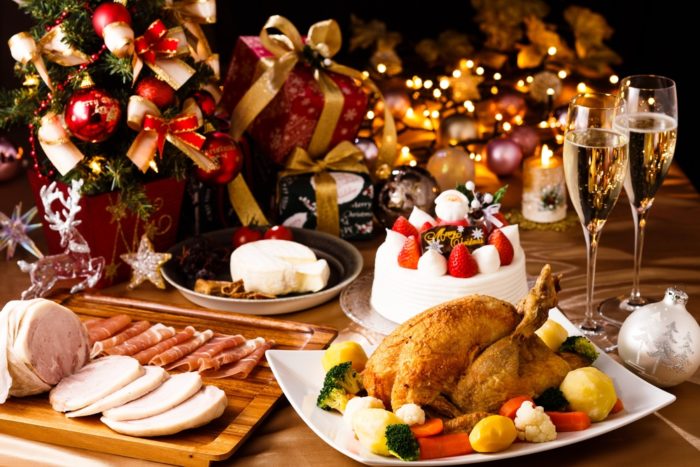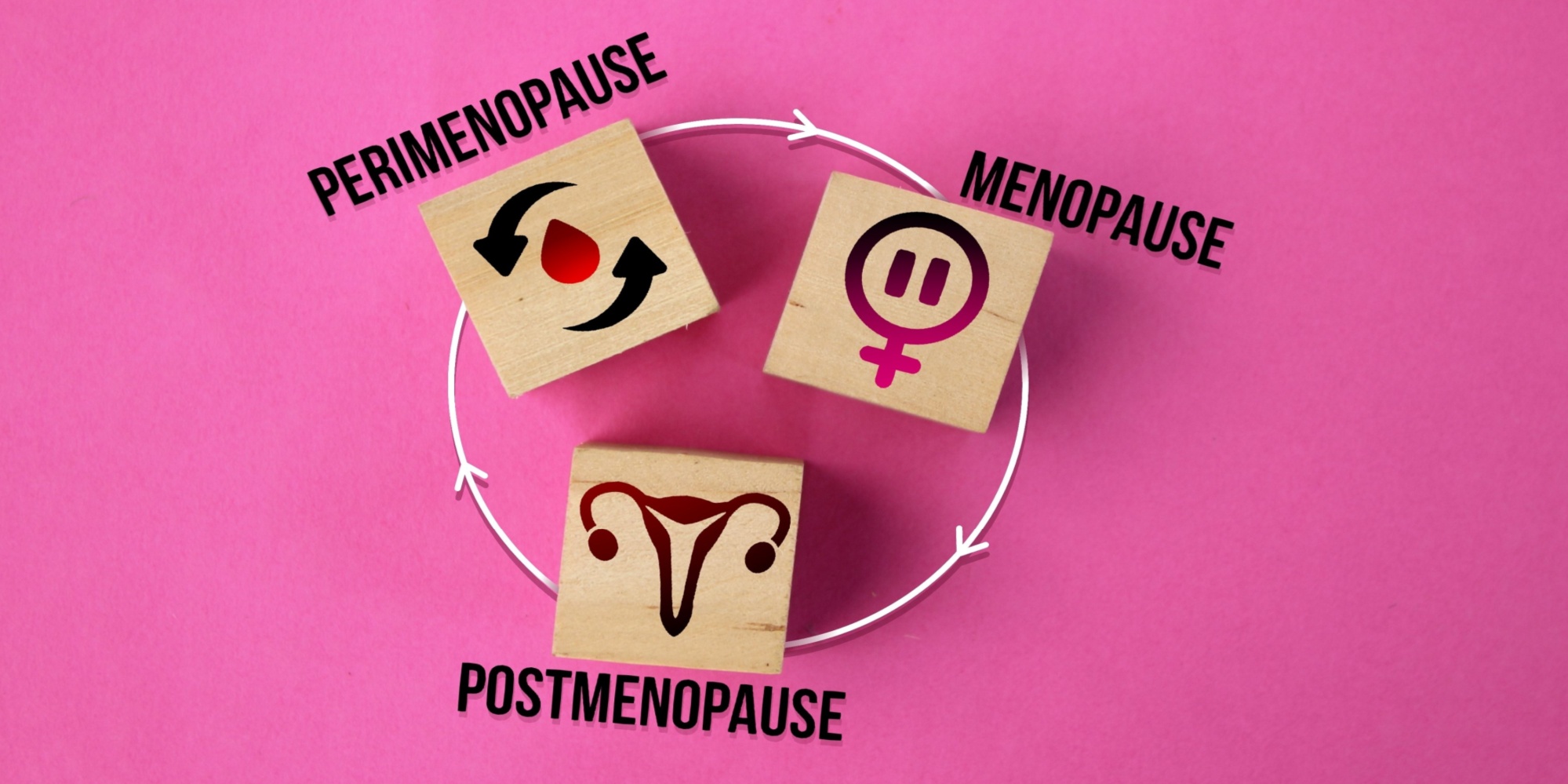
Overindulging at Christmas – burps, blow offs and bloating
January 10th, 2022Happy Christmas to one and all! It’s the festive season where people tend to overindulge and regret it the next day. The stuffing and brussel sprouts get the better of us and most people sit politely trying not to burp or blow off whilst loosening their clothing to accommodate their expanding waistlines as they bloat like pufferfish. Trapped wind, belly pain and heartburn is a common complaint and Christmas day sometimes ends with a gassy explosion once out of earshot of family and friends.
Overindulging on food and drink can cause a lot of problems such as indigestion, reflux, diarrhoea, vomiting or constipation. During the festive season we tend to consume a lot more calories, we find ourselves in situations that encourage us to eat and drink more over a longer period. That’s what Christmas is all about right? Eat, drink and be merry? It is, but, when it starts to get too uncomfortable it’s no longer enjoyable.
The noisy burp!
The embarrassing burp normally regarded as rude is the release of gas from the upper digestive tract out through the mouth. To burp during a meal in China and Taiwan is seen as a form of flattery, whereas, in middle eastern countries it’s not acceptable at all. Whilst children find it funny, adults try to discourage it although it has become a record breaking activity and a way of talking!?!
Some foods cause people to burp more than others, according to the National Institute of Diabetes and Digestive and Kidney Diseases (NIDDK), these include – chewing gum, hard candy and fizzy drinks. Those things make it more likely that a person swallows more air. If purping is a problem, the NIDDK recommends you keep a food and drinking diary to see what specific thing sets you off and seek medical advice if need be.
The smelly blow offs!
The often very pungent blow offs or otherwise known as a fart is caused by flatulence which is intestinal gas that sometimes smells when expelled from the bottom. It’s considered rude, crude, embarrassing or funny – a natural bodily function that can be offensive. It’s something else that children find entertaining and as people get older, it’s something that happens without any control! It can occur at the most inappropriate time and be so potent it can make your eyes water!
“Flatulence is a normal physiological process, which occurs when the bacteria in the large intestine (colon) metabolize things in our diet that we can’t metabolize. If we didn’t pass gas, we would explode,” says Dr. Eamonn Quigley, a gastroenterologist with Houston Methodist Gastroenterology Associates. Holding in a fart can be painful and can give you a distressing need for release.
The uncomfortable belly bloating!
The uncomfortable belly bloating is when there is an excessive amount of air and gas in the digestive system which leads to a swollen and sometimes painful abdomen. Frequently, the cause of bloating is related to diet and it is often an association between what foods may be triggering the symptom. At times such as Christmas, we tend to overeat and overload our stomachs which results in protruding bellies and unbuttoned clothing.
Here are 6 things you can do to limit the burps, blow offs and bloating this Christmas:
- Slow down! Eat or drink slowly so you’re less likely to swallow lots of air, this will also give the body time to absorb any nutrients and reduce the build-up of gas in the intestines.
- Chew your food properly! Experts suggest that you should chew soft food 5-10 times before swallowing and hard food up to 30 times. Although, it’s going to be difficult to count and enjoy those Christmas extras that we pile onto our plates.
- Don’t overeat! Try not to overeat and know your limits. Women should eat up to 2000 calories a day and men 2700, depending on lifestyle, age and health conditions. However, Christmas isn’t a normal day and we deserve the odd treat now and then.
- Avoid the obvious! Fizzy drinks such as champagne, prosecco, beer, cola or lemonade. Other well known culprits that make you go pop are chewing gum, rich and spicy foods.
- Limit your consumption! Try not to eat too much of certain foods such as beans, apple puree, milk, cheese, ice cream, pears, prunes or asparagus. Take it easy on the broccoli, cabbage, brussels, cucumbers, onions, carrots, eggs, whole grains, bran and wheat.
- Reduce your sugar intake! Sugars, such as glucose (table sugar), lactose (milk sugar) and fructose (fruit sugar) eaten in large amounts can cause you some gassy problems. Let’s take Christmas cake for example – don’t go big or you could regret it.
We don’t want to be festive spoilers and let’s face it, Christmas only comes once a year. Why shouldn’t we just relax, eat and drink what we like and make the most of the celebrations. If you do and your tummy isn’t happy, here’s a helping hand.
Here are 7 things to help you when you over-indulge this Christmas:
- Tea. Herbal teas, including peppermint, chamomile, ginger, turmeric and fennel can aid digestion and help process gas.
- Peppermint oil capsules are a natural antispasmodic. That means they help your intestinal muscles relax. This can help you if you are constipated.
- Antacids have been shown to relieve inflammation in the digestive tract and help pass gas more easily.
- Magnesium supplements help to neutralize stomach acid and relax the intestinal muscles.
- Probiotics can help supplement or rebalance your gut bacteria. Some will help you digest your food better in the first place.
- Psyllium husks are a popular fibre supplement that can help you poop more regularly.
- Regular exercise with a focus on core body strengthening can help combat abdominal bloating.
If your tummy or belly ache isn’t doing well after all that advice here’s a few extra suggestions.
- The comforting tummy rub – massaging the tummy in a circular motion to help move the trapped pockets of gas or to relieve constipation
- Use a heating pad or hot water bottle – placing it on the area of discomfort for 15 mins every hour
- Drink frequent small amounts of water. You should aim to drink 2-3 litres of water a day
- Adjust your seating position. If you are constipated, changing your position to poop can help
- Make time to take a rest – resting is good healing time even if it’s just a nap or closing your eyes for a while
Do you suffer from stomach discomfort from eating and drinking on a regular basis?
We recommend our product – Stomach Bioregulator (Nature’s Marvels™). It improves the performance of the STOMACH by normalising the digestive functions, helping to prevent gastric ulcers and polyps. It also helps to prevent heartburn, belching and the feeling of heaviness in the stomach.
Always seek medical advice if you are unsure, stomach complaints can be symptoms of problems that need medical attention.
We would like to wish you a very Happy Christmas and best wishes for the New Year. May it be less noisy, smelly or swollen.
Links
National Institute https://www.medicalnewstoday.com/articles/325121#food-and-drink
Stomach bioregulator https://www.antiaging-systems.com/products/?_search=Stomach%20Bioregulator%20%28Nature%E2%80%99s%20Marvels%E2%84%A2%29








